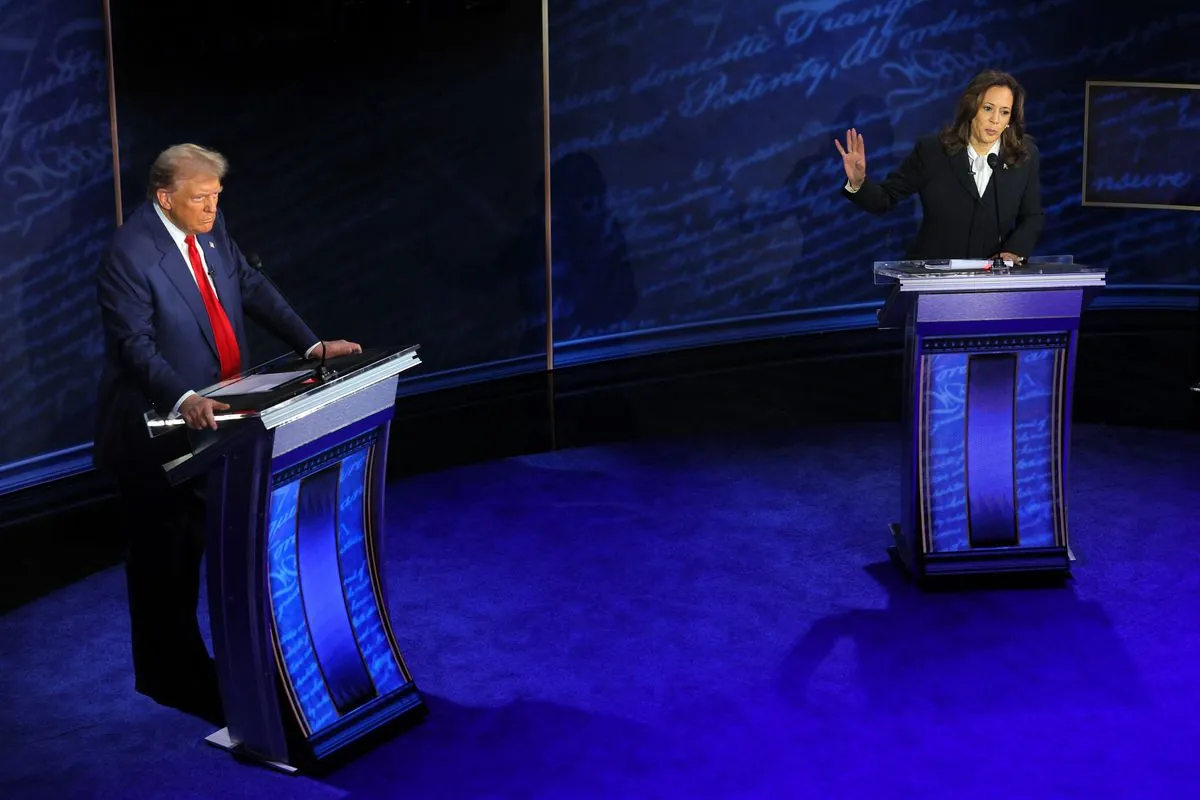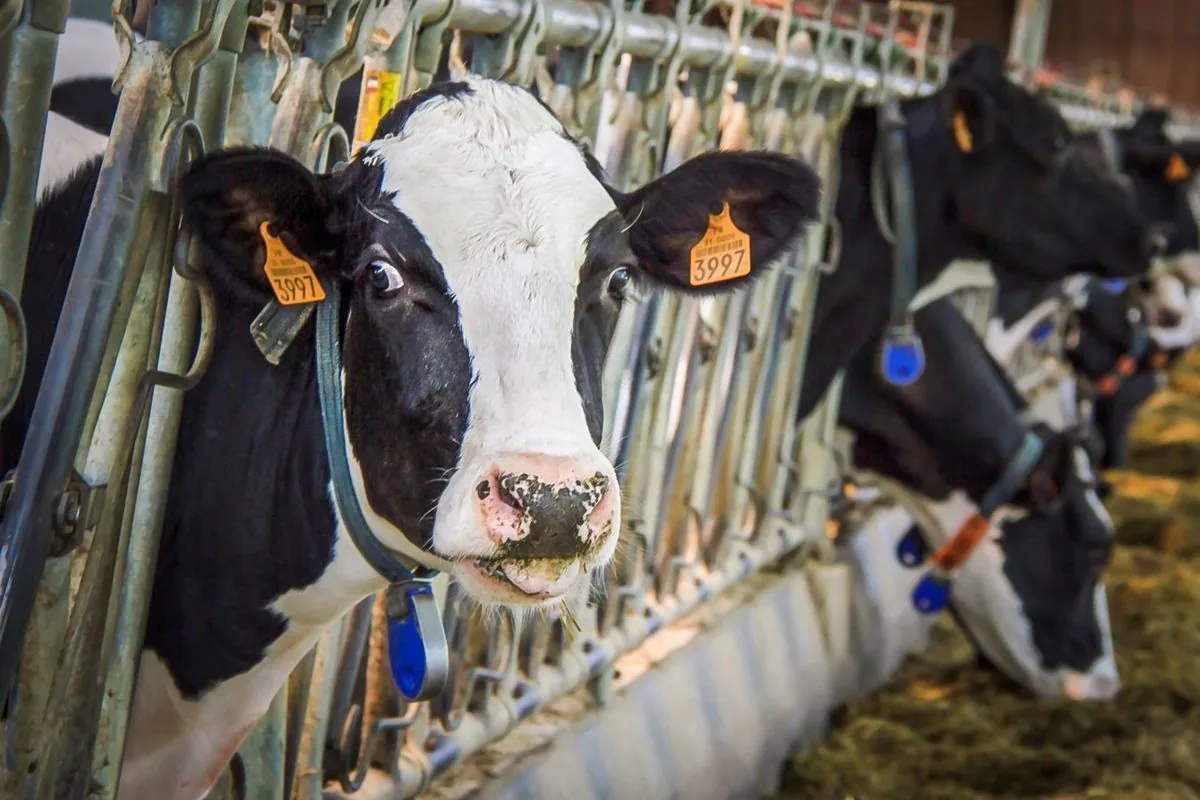Trump Declines Second Debate with Harris, Shifts Focus to Key States
Former President Trump refuses a second debate with Vice President Harris, citing concerns over immigration and inflation. The decision comes as early voting approaches in crucial battleground states.

In a significant development in the 2024 U.S. presidential race, Donald Trump has announced his decision to forgo a second debate with Vice President Kamala Harris. This announcement comes just two days after their first face-off in Philadelphia on September 10, 2024.
Trump communicated his decision via Truth Social, a platform he launched after his presidency. He stated, "There will be no third debate!" emphasizing that Harris should concentrate on addressing issues like illegal migration and inflation that have affected the country during her tenure.
The former president's refusal follows a debate performance that included controversial statements about migrants. During the event, Trump made unsubstantiated claims about immigrants in Springfield, Ohio, allegedly consuming pets of local residents. These remarks drew criticism and potentially influenced public perception of his debate performance.

Despite Trump's assertion of victory, polls conducted after the debate indicated that most American voters believed Harris had the upper hand. This discrepancy between Trump's perception and public opinion may have factored into his decision to avoid further debates.
The decision to decline a second debate aligns with the advice of some Republican strategists. Dennis Lennox, a veteran in the field, supported Trump's choice, stating, "There was too much risk. Another debate would only serve to help Ms Harris." Lennox emphasized the importance of focusing on key battleground states as early voting approaches.
"With early voting starting, Mr Trump and the former president's allies need to focus on turning out the vote and winning Georgia, North Carolina and Pennsylvania."
This strategic shift highlights the critical role of swing states in determining the outcome of U.S. presidential elections. As the race intensifies, both campaigns are likely to concentrate their efforts on these crucial battlegrounds.
The current political landscape follows a tumultuous period in American politics. Joe Biden's unexpected resignation from the presidential race after a poor debate performance against Trump in June 2024 led to Harris stepping into the role of the Democratic nominee. This transition marks a historic moment, as Harris is the first female, African American, and Asian American to be a major party's presidential candidate.
As the November 5, 2024, election day approaches, both campaigns face the challenge of navigating a complex political environment. With early voting set to begin in early October, the focus now shifts to voter turnout and campaign strategies in key states.
The decision to avoid further debates may allow Trump to control his message more tightly in the final weeks of the campaign. However, it also deprives voters of additional opportunities to compare the candidates side-by-side before casting their ballots.
As the race enters its final phase, the impact of this decision on voter perceptions and the ultimate outcome remains to be seen. With the Electoral College system determining the winner, both campaigns will be intensely focused on securing victories in crucial swing states.


































